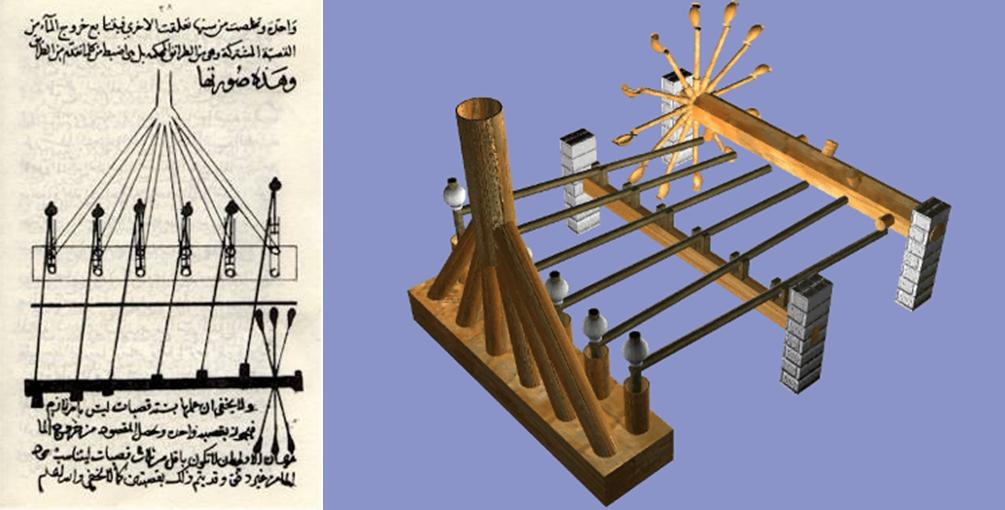
This article examines the inquiries that emerge from Jim Al-Khalili’s work, “The House of Wisdom: How Arabic Science Saved Ancient Knowledge and Gave Us the Renaissance,” and evaluates its reliability in discussing the history of Arabic science. Al-Khalili, celebrated for his modern science communication, faces scrutiny as a historical expert through two prominent examples. First, his assertion regarding the actual existence of the House of Wisdom, which contradicts the views of specialists like Professor Peter Pormann, raises doubt. Second, his claim that Ibn al-Haytham is the originator of the modern scientific method overlooks the contributions of Ptolemaeus, prompting additional examination of the experiments’ validity.
In the quest for trustworthy alternatives, the three-volume “Encyclopedia of the History of Arabic Science,” edited by Roshdi Rashed, comes highly recommended, providing an extensive overview of the subject despite possible availability challenges. This issue of terminology in defining Medieval Islamicate science points out that contributions originated from a multitude of faiths, leading to the careful yet interchangeable usage of ‘Islamic’ or ‘Arabic’ science.
When delving into accessible literature, Stephen P. Blake’s “Astronomy and Astrology in the Islamic World” is recommended with caution. The book struggles with the task of merging extensive historical timelines, geography, and the role of astronomy within Islamic culture. While it contains thorough information, it occasionally feels overly compressed and reflects Blake’s bias against astrology, which affects its impartiality. John M. Steele’s “A Brief Introduction to Astronomy in the Middle East” offers a wider viewpoint, tracing Mesopotamian astronomy to influences in Islamic culture while emphasizing the transfer of knowledge.
Additionally, Ehsan Masood’s “Science and Islam: A History” takes a different approach as a popular read for mainstream audiences, shedding light on the cultural environment that facilitated the development of Islamic science without solely concentrating on scientific triumphs. It emphasizes significant scholars and breakthroughs, although it lacks extensive references and serves as a potential entry point for beginners. Also, J.L. Berggren’s “Episodes in the Mathematics of Medieval Islam” and Lawrence M. Principe’s “The Secrets of Alchemy” are notable for their focus on particular historical topics.
Ultimately, future reviews are expected for recently obtained volumes in “The New Edinburgh Islamic Surveys” series and the extensive “Routledge Handbook on the Sciences in Islamicate Societies,” indicating ongoing investigation and scholarship in this area.